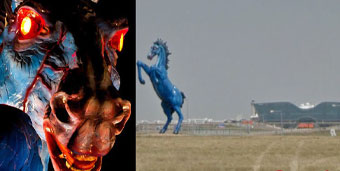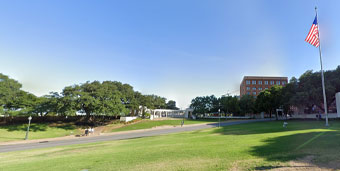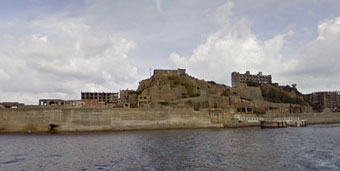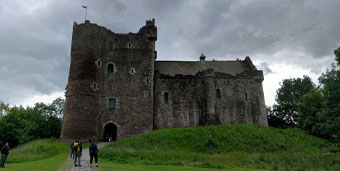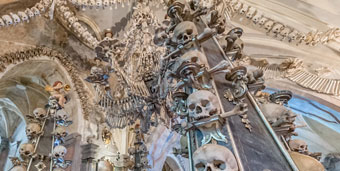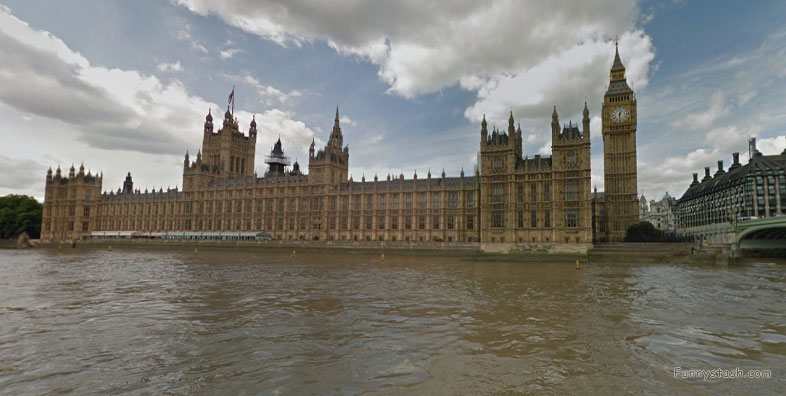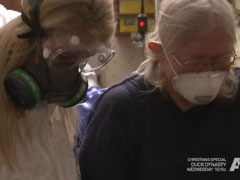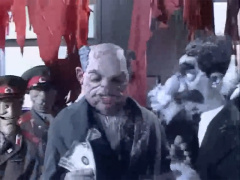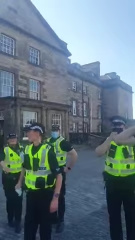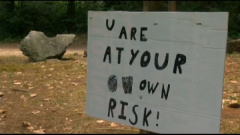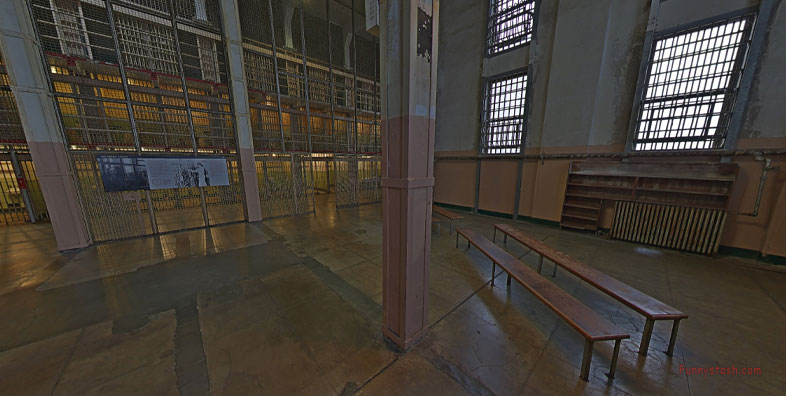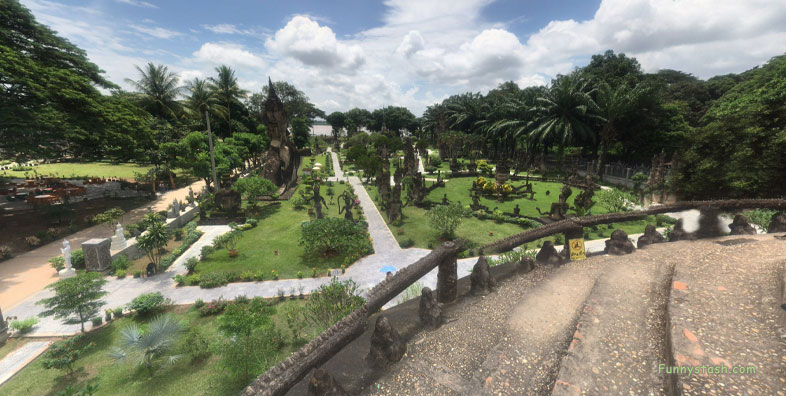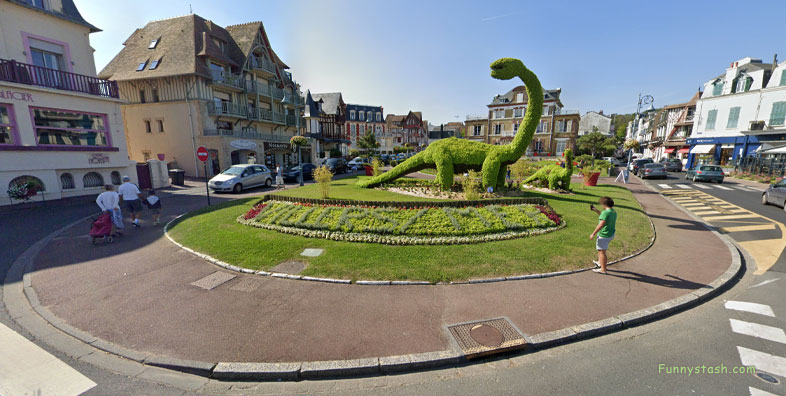Medieval Saxon Palace Of British Law Court Since 1016 function continues today
Link Location Gps ← Find Best directions
Gps Coordinates / 51.5004209,-0.1223557 - Mar 2017
Palace Of Westminster British Law VR Tours
Palace of Westminster London England SW1A 0AA
The Palace of Westminster serves as the meeting place for both the House of Commons and the House of Lords, the two houses of the Parliament of the United Kingdom. Informally known as the Houses of Parliament after its occupants, the Palace lies on the north bank of the River Thames in the City of Westminster, in central London, England.
Gps Coordinates / 51.4998875,-0.1246439
The site of the Palace of Westminster was strategically important during the Middle Ages, as it was located on the banks of the River Thames. Known in medieval times as Thorney Island, the site may have been first-used for a royal residence by Canute the Great during his reign from 1016 to 1035.
Link Location Gps / Gps Link -0.1252791 / Gps Link -0.1253029 / Gps Link -0.1253525
Gps Coordinates / 51.5001564,-0.1252791 / 51.5000753,-0.1253029 / 51.4999281,-0.1253525
The term logged originates from this building, before the fire of 1834
If you owed debt the debt holder would write the debt on a stick log break it in half and store the "logs" under these halls, if you had the other half of the log you could prove debt ownership to Parliament, the 1834 fire was so intense much of it could not be restored it had alot of reinforced kindle logs to burn intensely for weeks.
.
St Edward the Confessor, the penultimate Anglo-Saxon monarch of England, built a royal palace on Thorney Island just west of the City of London at about the same time as he built (1045–1050) Westminster Abbey. Thorney Island and the surrounding area soon became known as Westminster (from the words west and minster). Neither the buildings used by the Anglo-Saxons nor those used by William I (r. 1066–1087) survive.
Link Location Gps / Gps Link -0.1253765 / Gps Link -0.1254183 / Gps Link -0.1254626
Gps Coordinates / 51.4998605,-0.1253765 / 51.4997412,-0.1254183 / 51.4996093,-0.1254626
The oldest existing part of the Palace (Westminster Hall) dates from the reign of William I's successor, King William II (r. 1087–1100).
Link Location Gps / Gps Link -0.125504 / Gps Link -0.1253828 / Gps Link -0.125248
Gps Coordinates / 51.4995036,-0.125504 / 51.4994851,-0.1253828 / 51.4994714,-0.125248
The Palace of Westminster functioned as the English monarchs' principal residence in the late Medieval period. The predecessors of Parliament, the Witenagemot and the Curia Regis, met in Westminster Hall (although they followed the King when he moved to other palaces). Simon de Montfort's Parliament, the first to include representatives of the major towns, met at the Palace in 1265.
Link Location Gps / Gps Link -0.1251183 / Gps Link -0.1249775 / Gps Link -0.1246979
Gps Coordinates / 51.4994577,-0.1251183 / 51.4994388,-0.1249775 / 51.4995945,-0.1246979
The "Model Parliament", the first official Parliament of England, met there in 1295, and almost all subsequent English Parliaments and then, after 1707, all British Parliaments have met at the Palace.
Link Location Gps / Gps Link -0.1247048 / Gps Link -0.1247201 / Gps Link -0.1247282 / Gps Link -0.1247345
Gps Coordinates / 51.4995524,-0.1247048 / 51.4994628,-0.1247201 / 51.4994155,-0.1247282 / 51.4996642,-0.1247345
- During WW2 -
During the Second World War (see The Blitz), the Palace of Westminster was hit by bombs on fourteen separate occasions. One bomb fell into Old Palace Yard on 26 September 1940 and severely damaged the south wall of St Stephen's Porch and the west front. The statue of Richard the Lionheart was lifted from its pedestal by the force of the blast, and its upheld sword bent, an image that was used as a symbol of the strength of democracy, "which would bend but not break under attack".
Link Location Gps / Gps Link -10.4630929 / Gps Link -0.1246753 / Gps Link -0.124666
Gps Coordinates / ... / 51.4997142,-0.1246753 / 51.499769,-0.124666
The worst raid took place in the night of 10–11 May 1941, when the Palace took at least twelve hits and three people (two policemen and Resident Superintendent of the House of Lords Edward Elliott were killed. An incendiary bomb hit the chamber of the House of Commons and set it on fire, another set the roof of Westminster Hall alight. The firefighters could not save both, and a decision was taken to try to rescue the Hall. In this they were successful, the abandoned Commons Chamber, on the other hand, was destroyed, as was the Members' Lobby.
Link Location Gps / Gps Link -0.1246543 / Gps Link -0.1246439 / Gps Link -0.1246326
Gps Coordinates / 51.4998332,-0.1246543 / 51.4998875,-0.1246439 / 51.4999497,-0.1246326
Members of Parliament enter their part of the building from the Members' Entrance in the south side of New Palace Yard. Their route passes through a cloakroom in the lower level of the Cloisters and eventually reaches the Members' Lobby directly south of the Commons Chamber. From New Palace Yard, access can also be gained to the Speaker's Court and the main entrance of the Speaker's House, located in the pavilion at the north-east corner of the Palace.
Link Location Gps / Gps Link -0.1246244 / Gps Link -0.1246499 / Gps Link -0.1245795
Gps Coordinates / 51.499995,-0.1246244 / 51.5000239,-0.1246499 / 51.500017,-0.1245795
The ground floor is occupied by offices, dining rooms and bars. The first floor (known as the principal floor) houses the main rooms of the Palace, including the debating chambers, the lobbies and the libraries. The top-two floors are used as committee rooms and offices.
Link Location Gps / Gps Link -0.1245589 / Gps Link -0.1245962 / Gps Link -0.1246354
Gps Coordinates / 51.5001186,-0.1245589 / 51.5001253,-0.1245962 / 51.5001184,-0.1246354
Some of the interiors were designed and painted by J. G. Crace, working in collaboration with Pugin and others. For example, Crace decorated and gilded the ceiling of the Chapel of St. Mary Undercroft.
Link Location Gps / Gps Link -0.1245292 / Gps Link -0.124706 / Gps Link -0.1247522
Gps Coordinates / 51.4999845,-0.1245292 / 51.4999996,-0.124706 / 51.4998404,-0.1247522
The Palace of Westminster as a whole underwent significant alterations from the 18th century onwards, as Parliament struggled to carry out its business in the limited available space of ageing buildings. Calls for an entirely new palace went unheeded – instead more buildings of varying quality and style were added. A new west façade, known as the Stone Building, facing onto St Margaret's Street, was designed by John Vardy and built in the Palladian style between 1755 and 1770, providing more space for document storage and for committee rooms.
Link Location Gps / Gps Link -0.1248359 / Gps Link -0.124818 / Gps Link -0.1248007
Gps Coordinates / 51.499849,-0.1248359 / 51.4999433,-0.124818 / 51.5000099,-0.1248007
The Palace of Westminster contains over 1,100 rooms, 100 staircases and 3 miles of passageways, which are spread over four floors.
Link Location Gps / Gps Link -0.124787 / Gps Link -0.1247764
Gps Coordinates / 51.5000778,-0.124787 / 51.5001449,-0.1247764
On 17 June 1974, a 9-kilogram (20 lb) bomb planted by the Provisional IRA exploded in Westminster Hall. The explosion and the resulting fire, which was fed by a ruptured gas main, injured 11 people and caused extensive damage. Five years later, a car bomb claimed the life of Airey Neave, a prominent Conservative politician, while he was driving out of the Commons car park in New Palace Yard.
Gps Coordinates / 51.5002273,-0.1252538
-
The Palace is one of the centres of political life in the United Kingdom; "Westminster" has become a metonym for the UK Parliament and the British Government, and the Westminster system of government commemorates the name of the palace. The Elizabeth Tower, in particular, often referred to by the name of its main bell, Big Ben, has become an iconic landmark of London and of the United Kingdom in general, one of the most popular tourist attractions in the city, and an emblem of parliamentary democracy. Tsar Nicholas I of Russia called the new palace "a dream in stone". The Palace of Westminster has been a Grade I listed building since 1970 and part of a UNESCO World Heritage Site since 1987.
Visit Our House Of Lords Stash ->
-


